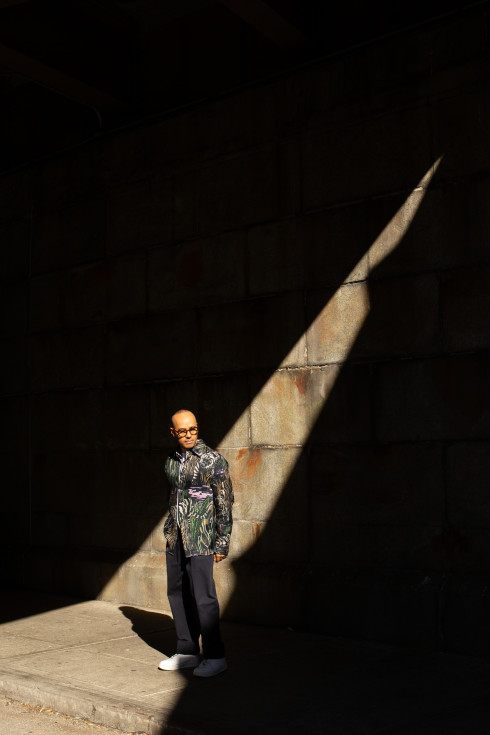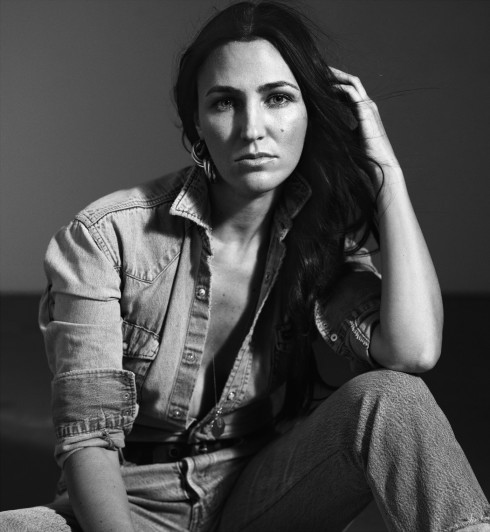
KROCHET KIDS INTL.
The story of Krochet Kids Intl. has been an improbable, guts-or-glory story of success following faith, says Kohl Crecelius, one of the nonprofit’s three laid-back founders. “I will tell you, there was a point where a group of about ten of us paused the night before we were going to teach the women in Uganda and we thought, What if they’re not very good at crocheting?”
At its heart, Krochet Kids Intl. started as a way to earn some cash while out on the slopes but grew into a global movement empowering women in Uganda and Peru to rise out of poverty. For buyers, the site looks like a marketplace of homemade goods (knitted hats, scarves, bags, and prefab shirts). But for the 185 women it’s helping across its two locations, Krochet Kids Intl. is much more. The nonprofit employs local women to hand-knit a basic range of products. On top of that, they also have a short-term educational program that teaches the women how to develop and run their own business, providing mentorship when they inevitably strike out on their own.
“People can use us as another model for what impact can look like,” Crecelius says. “People think they have to go from impacting zero people to impacting a million, whereas we started with this skill that we had and trained ten ladies. It was something manageable to begin with.”
View even more stories in the full Social Innovation Portfolio
Some of Krochet Kids Intl.’s success can be attributed to good timing and even better fortune. Crecelius and his founders launched the nonprofit just before the boom in handmade goods and artisanal crafts took firm root, making homey skills—like crocheting—both more appealing and more profitable. “Maybe in its simplicity, crocheting would be very powerful,” Crecelius says of the decision to go low-tech. “You didn’t need electricity or machines or power. You just needed a pair of a hands and a willing spirit.”
That willing spirit came in high school when Crecelius and his fellow founders sold their knitted goods to classmates. They earned enough cash to rent a hot air balloon for prom but shelved the idea during college. “I’ll put it this way: It wasn’t the first thing I told people about,” Crecelius says. The founders reconnected during summers and traveled to foreign countries. It took a trip to Uganda to inspire the need to help, and they turned back to crocheting as a way of connecting people, and creating stories, across borders. “It wasn’t until then that we really had that aha moment,” Crecelius says.
Each item sold by Krochet Kids Intl. comes with a handwritten label about the woman who knitted it and a profile of the Krochet Kids website. “We do that to help people have a reference point and learn about the world through another person,” Crecelius says. “When you go online and read their story, the world gets a little bit smaller.”
For more information, please visit KrochetKids.org.
Zachary Sniderman is the associate editor of The Last Magazine.

















